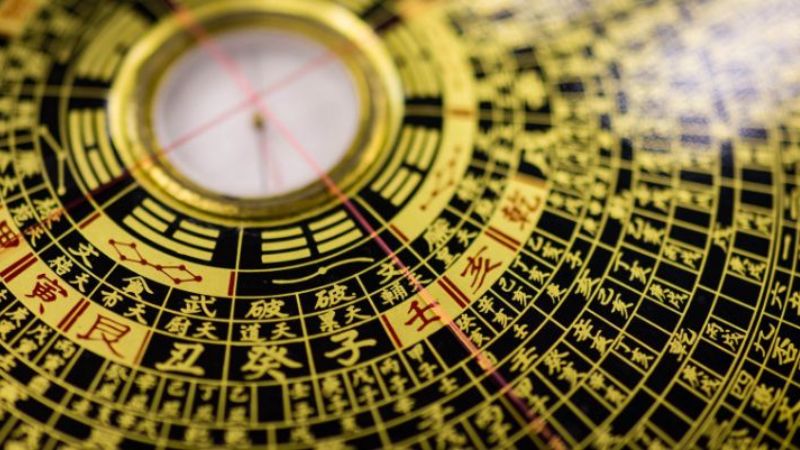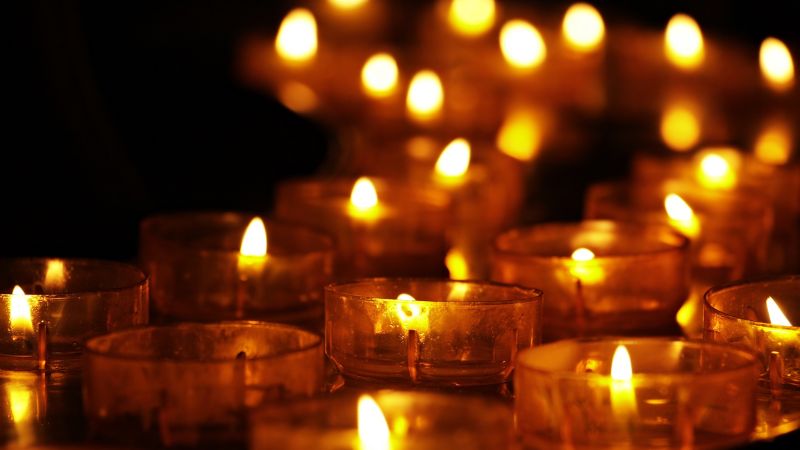For centuries, choosing an auspicious day for important events such as weddings has been a tradition to ensure smoothness and success. However, there are also inauspicious days to be avoided, one of which is the “Trung Phuc” day. So, what is this day about, and what should be avoided during this time? Let’s delve into the details below.
1 What is the “Trùng Phục” Day?
 What is the “Trùng Phục” Day?
What is the “Trùng Phục” Day?
According to the interpretation of Han Chinese characters, “Trùng” means similarity, repetition, or reencounter. “Phục”, on the other hand, can be understood as clothing or attire. Combining these two meanings, Trùng Phục signifies the reuse of old clothing or the recurrence of past negative events.
As such, the “Trùng Phục” day is considered inopportune, and it is advisable to refrain from undertaking significant endeavors on this day. This belief stems from the possibility of past misfortunes reoccurring, leading to potential separations or breakups. Notably, this day is particularly ill-omened for weddings and funerals.
2 When is the “Trùng Phục” Day?
 When is the “Trùng Phục” Day?
When is the “Trùng Phục” Day?
Referring to the book “Ngoc Hap Thong Thu,” determining the occurrence of the “Trùng Phục” day in a month relies on the Chinese solar terms, specifically the “can” day and month. The following is a breakdown of the “Trùng Phục” days for each month:
- Month 1: Canh Day
- Month 2: Tân Day
- Month 3: Kỷ Day
- Month 4: Nhâm Day
- Month 5: Quý Day
- Month 6: Mậu Day
- Month 7: Giáp Day
- Month 8: Ất Day
- Month 9: Kỷ Day
- Month 10: Nhâm Day
- Month 11: Quý Day
- Month 12: Kỷ Day
Each month has a distinct “Trùng Phục” day. Therefore, it is imperative to carefully consider and select an auspicious day that aligns with your important endeavors. Doing so will help minimize potential risks and challenges that may arise for both yourself and your undertakings.
3 What Should Be Avoided on the “Trùng Phục” Day?
 What Should Be Avoided on the “Trùng Phục” Day?
What Should Be Avoided on the “Trùng Phục” Day?
Funerals
- Funeral arrangements for the deceased are typically meticulously prepared with attention to detail. It is especially important to choose an auspicious day and time to ensure a smooth process and peaceful rest for the departed.
- Selecting an inauspicious day, such as the “Trùng Phục” day, implies having to don mourning attire once more. It suggests that the burial process for one person is not yet complete, and another death occurs, requiring another funeral. Thus, it is customary to avoid the “Trùng Phục” day when planning a funeral.
Weddings
- Wedding ceremonies mark significant milestones in one’s life, signifying the beginning of a new chapter in marital life. Therefore, careful consideration is given to choosing a propitious day for the nuptials.
- However, if a wedding falls on the “Trùng Phục” day, it may symbolize donning a wedding dress again, indicating familial discord, marital conflicts, divorce, or separation. Hence, weddings are among the events considered inadvisable on this day.
We hope that through this article, you have gained valuable insights into the “Trùng Phục” day and the things to avoid during this time. With this knowledge, you can now choose the most auspicious days to embark on your momentous occasions!
































